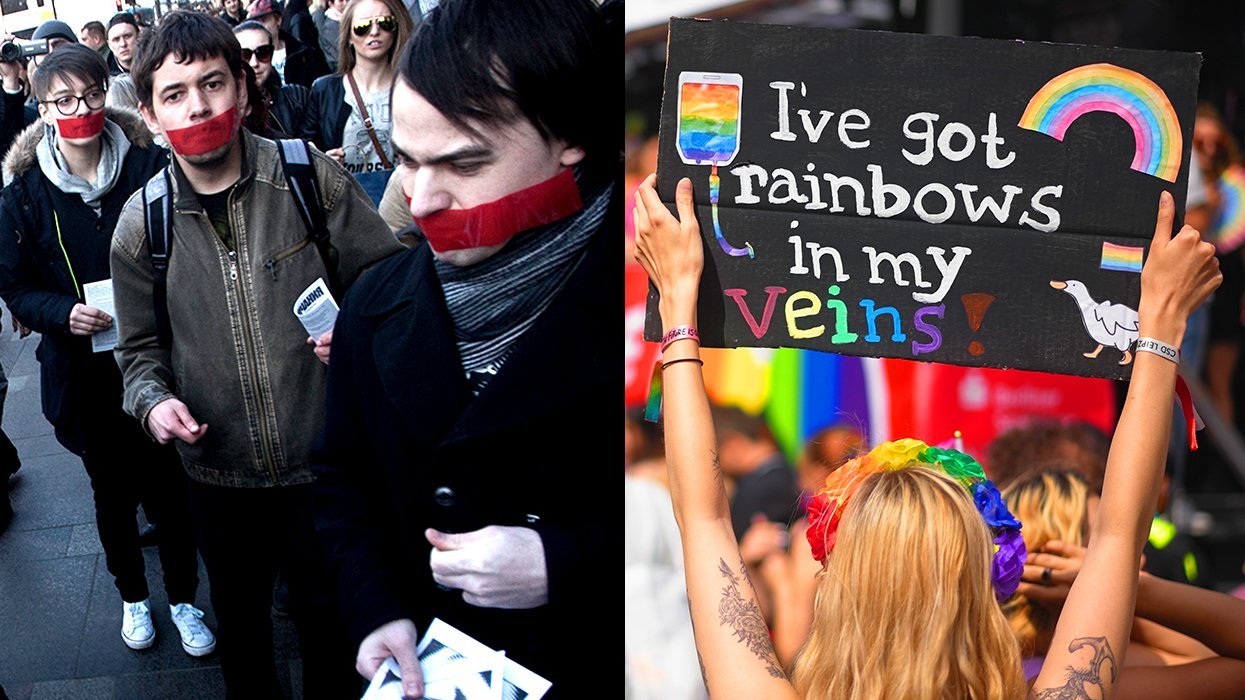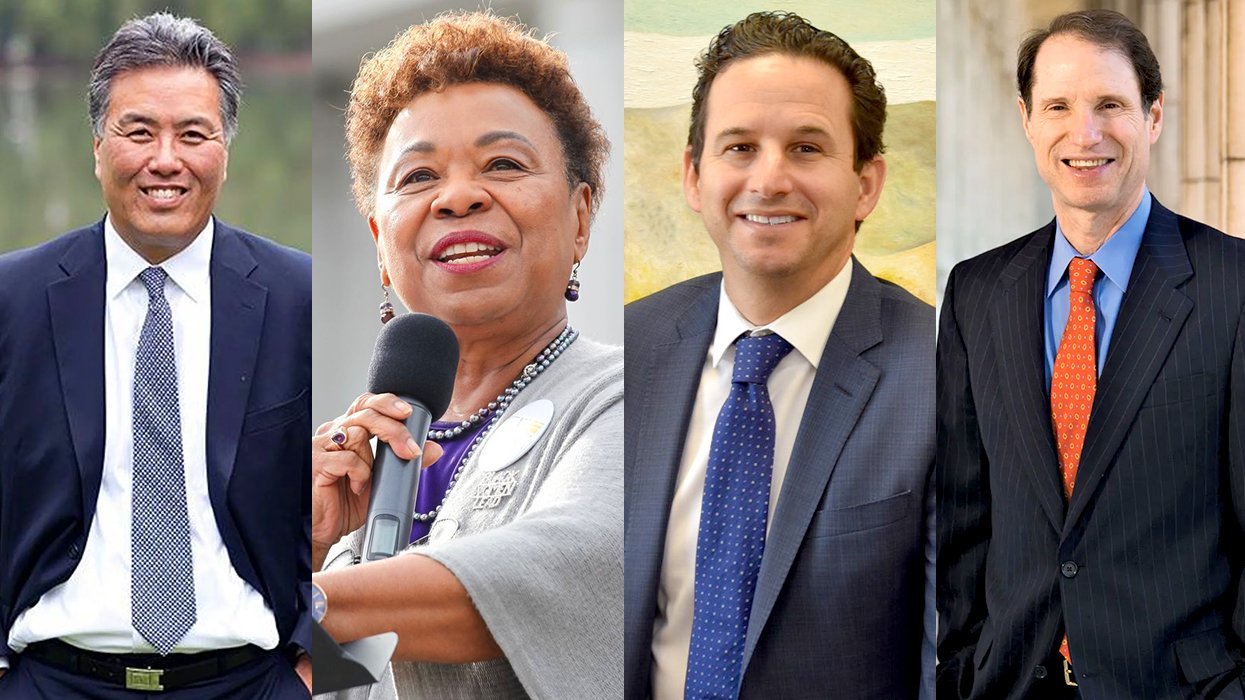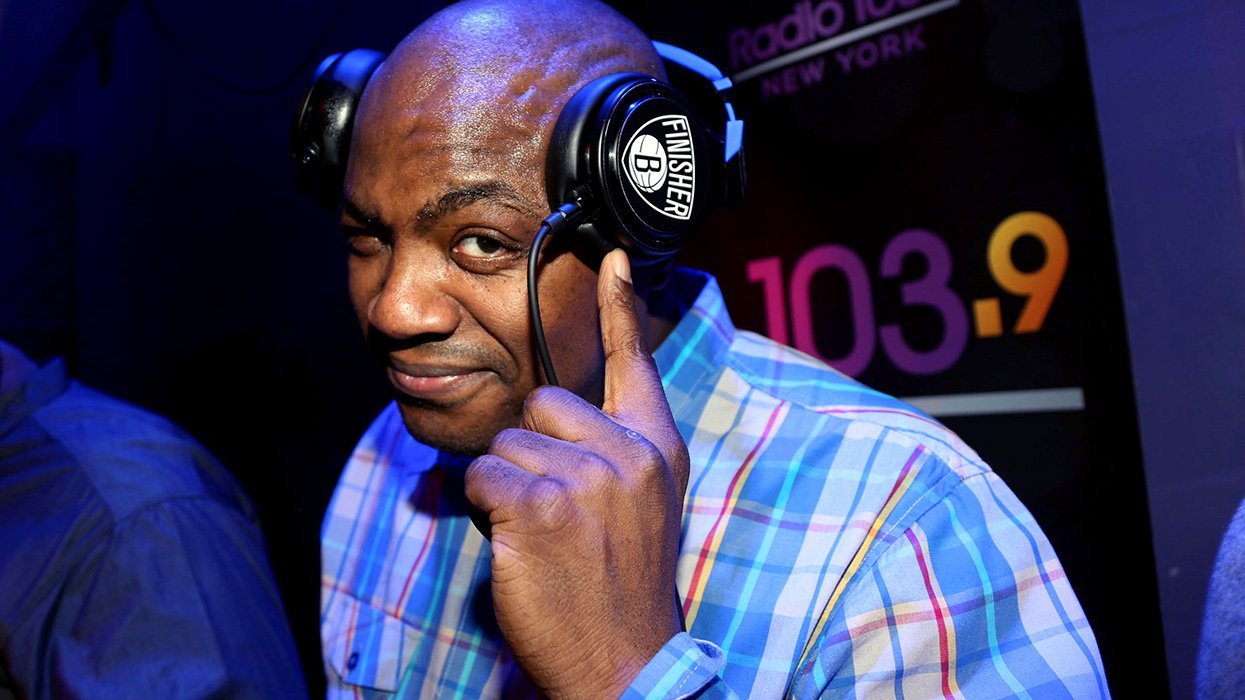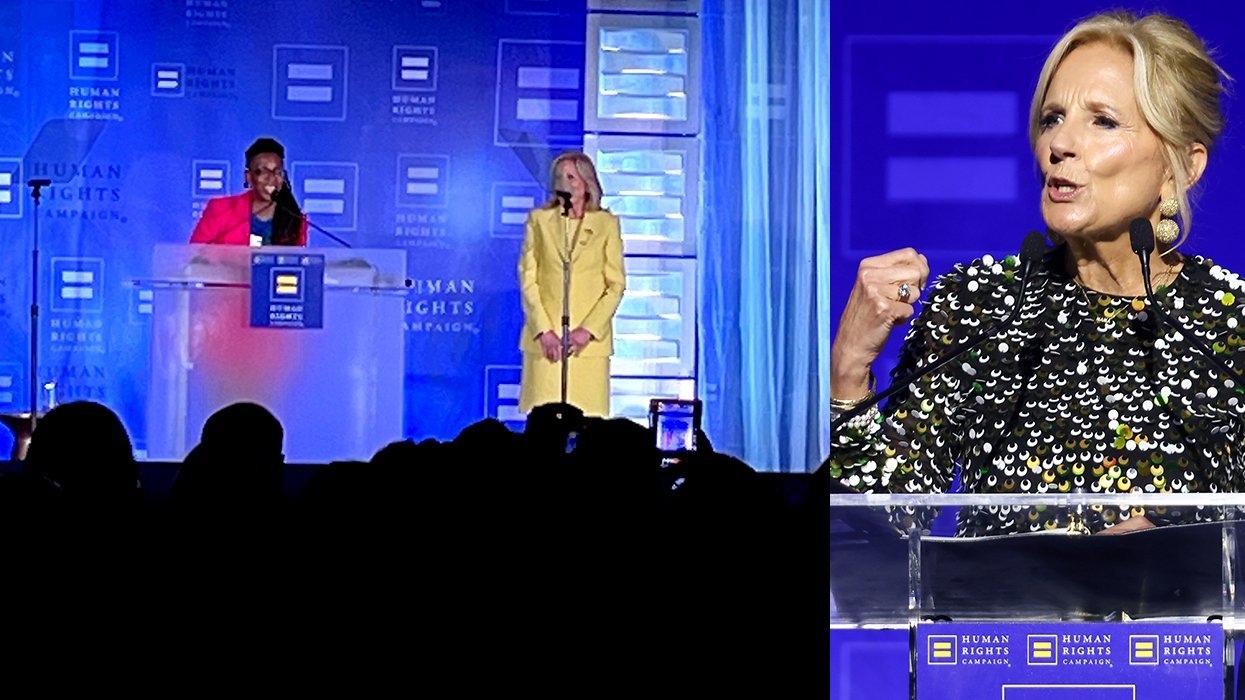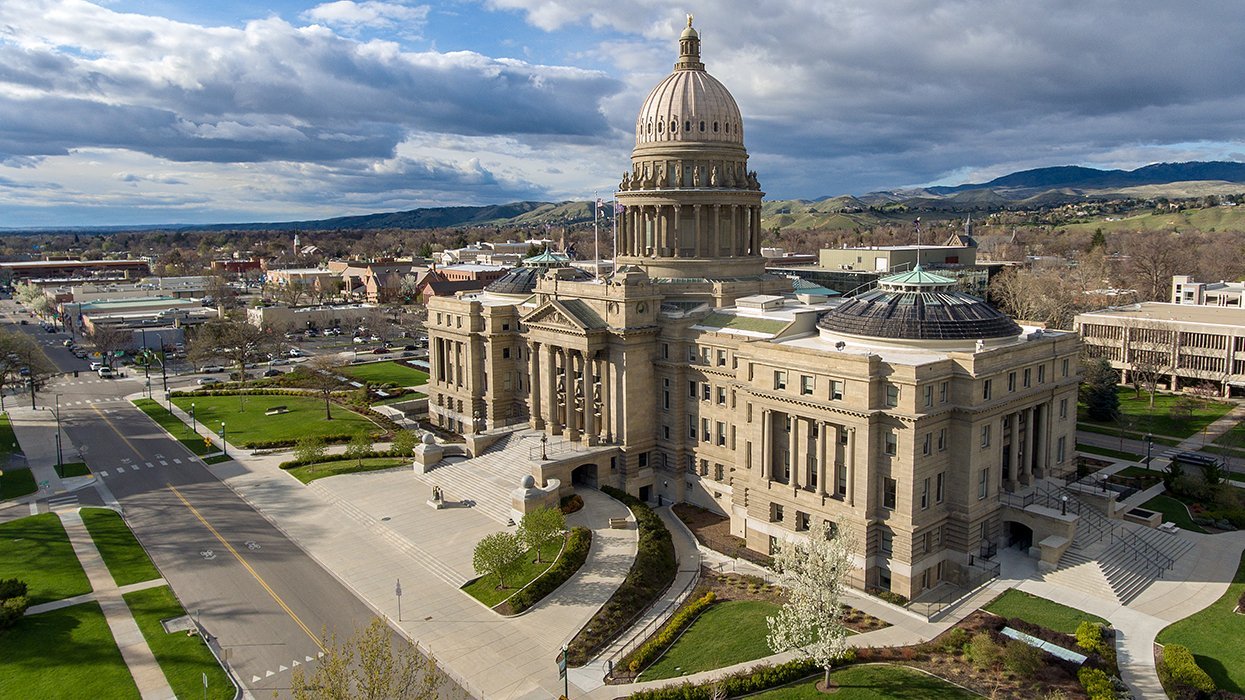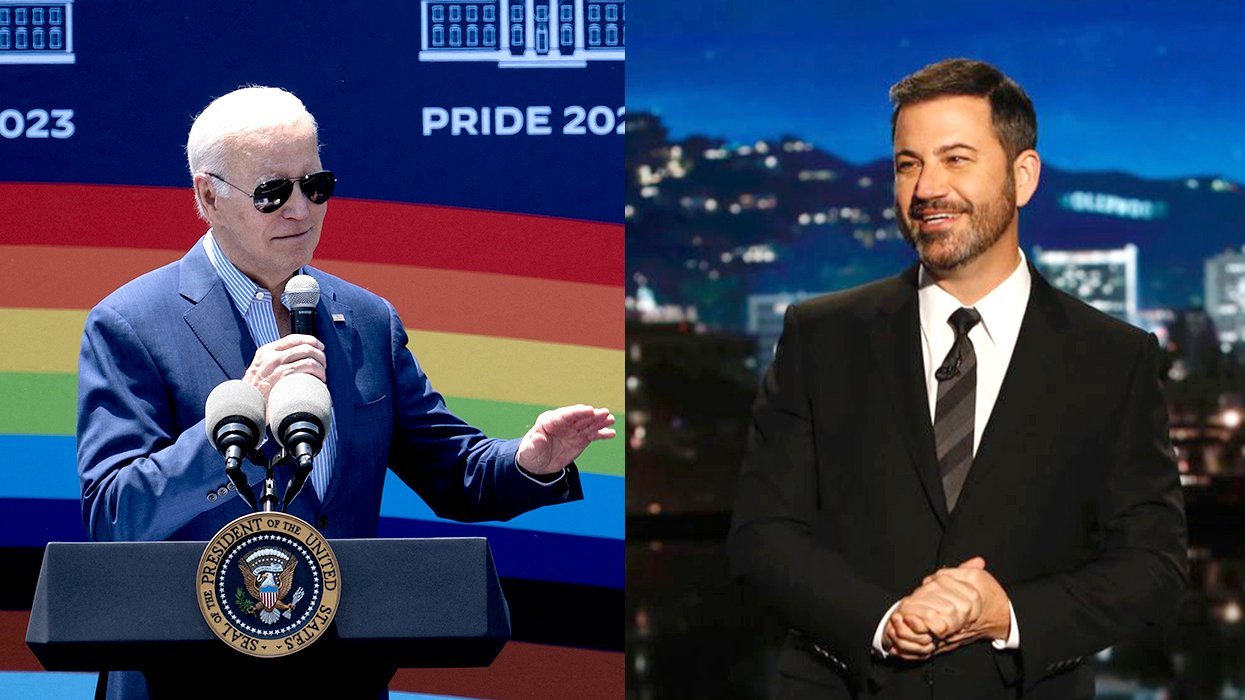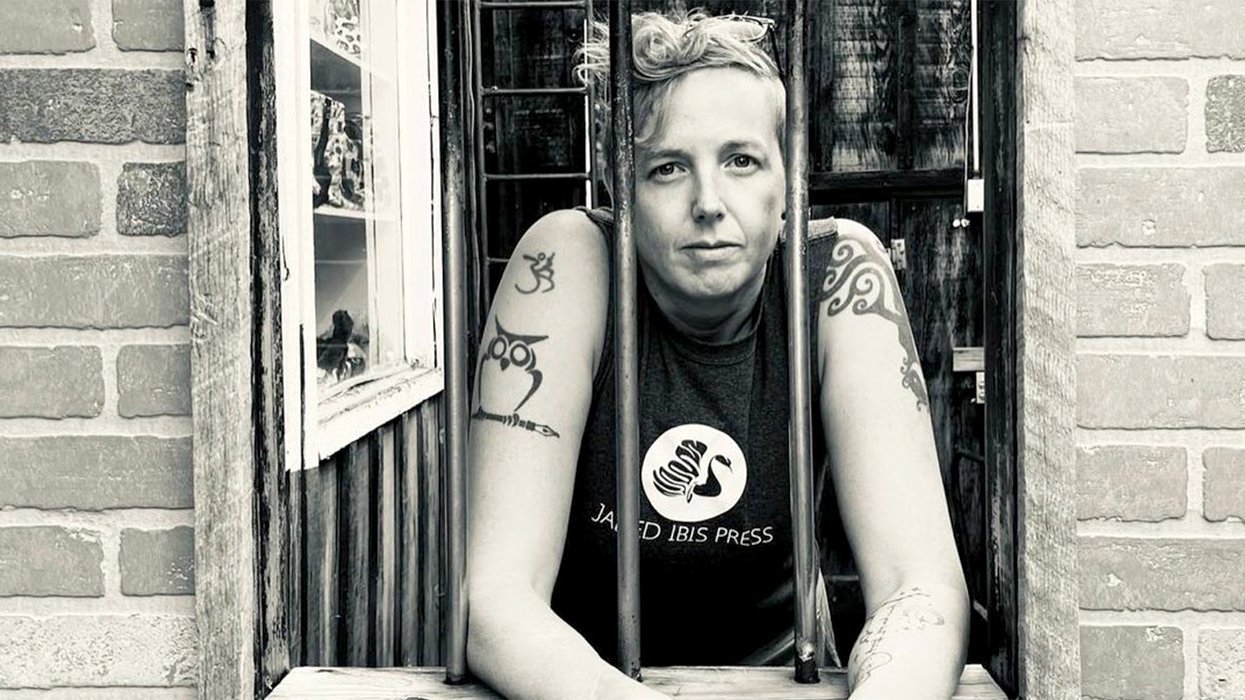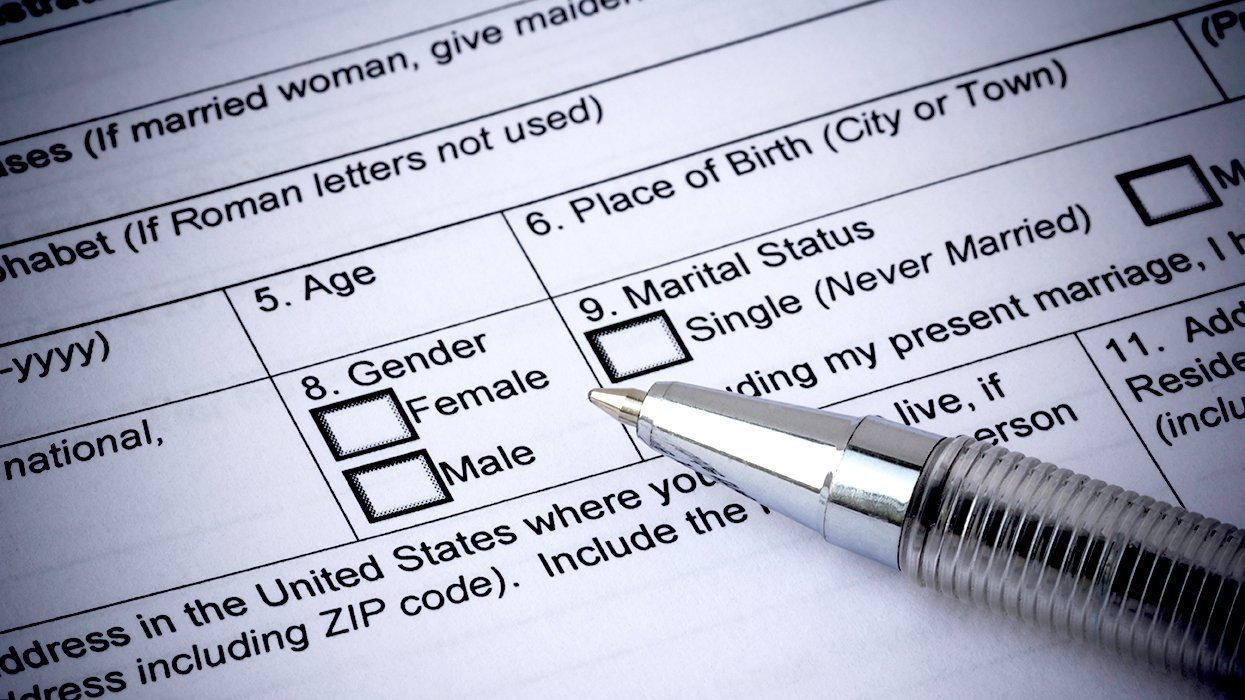When bells rang
in 2004 to celebrate the nation's first same-sex
marriages in Massachusetts, opponents warned that liberal
courts were moving to permit same-sex marriage around
the nation.
Three years
later, despite attempts in many states, the nation's highest
courts haven't followed Massachusetts' lead. Last week,
Maryland's high court became the latest after New
York, Washington and New Jersey to refuse to grant
marriage rights to gay residents.
''We were very
disappointed to lose,'' said David Buckel of Lamdba Legal,
which led the court fights in New York, New Jersey and
Washington. ''But you have to expect it in a civil
rights movement because what you're doing is creating
enormous change and there are enormous forces lined up
against us.''
Same-sex marriage
opponents said the losses, coming in the states thought
to be most open to gay rights, show how far advocates
overreached after the ruling in Massachusetts. Gay
activists point to gains, such as court-ordered civil
unions in New Jersey, and say they are prepared for a
long fight. Two marriage cases are pending before high
courts in Connecticut and California.
One reason for
the court struggle could be that an anti-gay marriage
decision in a liberal state such as New York creates cover
for other high courts who face the issue, said Yale
law professor William Eskridge, a constitutional
scholar who supports gay rights. For example, the Maryland
court cited the New York decision.
''There's a
lemming effect,'' Eskridge said. ''The fact that all the
other lemmings are doing it makes the other lemmings feel
not so bad about it.''
Marriages in
Massachusetts began six months after the state's Supreme
Judicial Court ruled in November 2003 that gays had a
constitutional right to marry.
Same-sex marriage
proponents carefully selected where to advance
litigation next, weighing factors such as whether the state
had anti-discrimination laws protecting gay residents,
the strength of the gay community and a state's
legislative composition, Buckel said.
At the same time,
opponents across the country immediately began to work
to put marriage out of judicial reach by passing state
constitutional amendments defining the union as
between only a man and a woman. Twenty-seven states
now have the amendments, including 14 that approved
amendments in 2004.
Even in the legal
venues deemed gay-friendly, that swift public backlash
against the Massachusetts decision had an impact.
''I think that
frankly has scared judges in state courts a bit, even in
states where they've tended to be quite liberal,'' said Dale
Carpenter, a University of Minnesota law professor.
First came the
loss in New York in July 2006, followed by the decisions
in Washington state, New Jersey and Maryland. Tony Perkins
of the Family Research council, which opposes gay
marriage, said the rulings were about more than
political expediency -- they're also legally correct.
''There actually
are some good judges that do what they're supposed to
do,'' he said.
Same-sex marriage
advocates made a strategic blunder by becoming
unwilling to accept modest steps toward marriage, such as
same-sex partner registries, said Lynn Wardle, a
Brigham Young University law professor and gay
marriage opponent. A less provocative approach might
have been the difference in the one-vote losses in high
courts in Washington and Maryland, Wardle said.
Buckel said gay
advocates would continue to bring court cases where
appropriate. The process of going before the judiciary helps
gay advocates reach lawmakers and the public, and that
can clear the path for expanded rights, even if
there's a court loss, he said.
High court losses
don't mask huge gains for gays in the last decade,
Eskridge said. Nine states have approved spousal rights in
some form for same-sex couples -- Connecticut,
Vermont, New Hampshire, New Jersey, Maine, California,
Oregon, Washington and Hawaii.
Every state will
eventually have to create some kind of legal structure
to deal with the financial and social realities of same-sex
relationships, Eskridge said. It may not be gay marriage
everywhere, but it will be some form of expanded
rights, he said.
''It took
generations to make any progress on race,'' Eskridge said.
''This stuff doesn't come overnight.'' (Jay Lindsay, AP)














